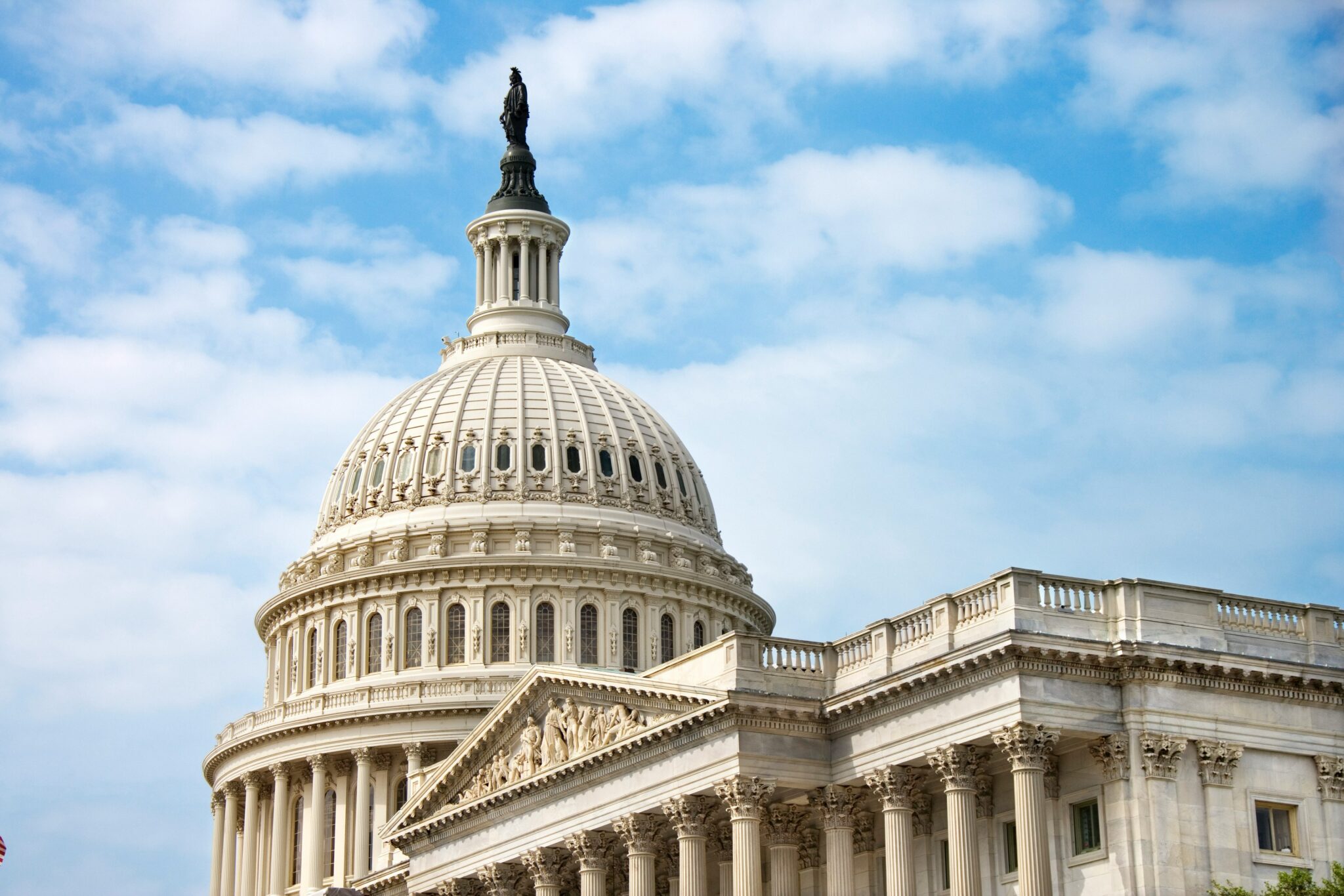Anna Sainsbury, Co-Founder and CEO of GeoComply, leads the company in pioneering geolocation and cybersecurity solutions. Under her leadership, GeoComply addresses intricate fraud and cybersecurity challenges, facing gaming, fintech and media markets, and has grown into a technological leader with a global team of over 550.
With over a decade of experience, Anna has steered GeoComply to deliver advanced technologies enhancing digital security and trust. Her efforts have earned her and the company numerous accolades, including the EY Entrepreneur Of The Year and recognition from Fast Company and Deloitte. Anna is deeply committed to making a positive impact in the community. She collaborates with organizations like the Child Rescue Coalition alongside other cutting-edge non-profits and government organizations dedicated to combatting child exploitation, demonstrating her dedication to social causes. Anna is also a strong advocate for gender equality and diversity in the tech industry, reflecting her personal values and commitment to positive change.
Starting a company requires founders to learn new skills they may never have thought they’d need. I found that out soon after co-founding GeoComply when I realized that our core technology alone wasn’t enough to break into the market we were after.
GeoComply provides a critical service for online gaming compliance: pinpointing the location of bettors to ensure that their transactions are permitted under federal and state laws. Having worked in the gaming industry since the early 2000s, my co-founder David Briggs and I saw the opportunity in offering a geolocation compliance solution that would thwart fraudulent transactions – a challenge many considered too complex to solve.
Those doubters weren’t wrong; it was complex. But we embraced the challenge of solving a hard problem. After much trial and error, we verified that Wi-Fi triangulation was the right approach, more accurate than the primary alternative of using cell towers. After developing geolocation services that were accurate and reliable, the next challenge was convincing regulators, lawmakers, and industry players in the U.S. online gaming market that they could trust GeoComply.
We knew gaming was a highly regulated business. But we hadn’t fully anticipated the scope of this next challenge. Enter the need for an unanticipated new skill: legislative influencer.
Educating Legislators and Regulators
The timeline of our interactions with lawmakers, regulators, and gaming operators spans years. It takes time – as well as patience, persistence, and discipline – to lay the legislative groundwork for a billion-dollar market when the industry is as tightly regulated as U.S. online gaming. Along the way, we helped achieve some critical milestones for our industry and I had some unforgettable moments practicing my new skills.
It takes time – as well as patience, persistence, and discipline – to lay the legislative groundwork for a billion-dollar market when the industry is as tightly regulated as U.S. online gaming.
Momentum to Milestones
Early days – Outside the halls of government, we faced an early battle involving the cost of triangulation, which requires accessing the database of all Wi-Fi points. At the time, Google was one of two providers of such a database, and they charged $1 per lookup. We conduct more than a billion transactions a month, so there was no way we could absorb that cost. We convinced Google that the costs needed to be in the fractions of a cent. Winning that negotiation was an essential step in our early-stage growth.
2013 – Our first encounter with regulators was proving to officials in New Jersey that our geolocation solution was workable and spoof-proof. We succeeded in 2013 when online poker and casinos launched in that state and 13 brands became our first customers.
2018 – The U.S. Supreme Court struck down the Professional and Amateur Sports Protection Act (PASPA), a federal law that barred online gambling. The ruling was all the sweeter because the case involved New Jersey, our breakthrough customer. We had been preparing a long time in hopes of a positive outcome, so we were ready. Four hours after the ruling was announced on May 14, we held a webinar outlining its impact on the industry.
Memorable Moments
I’ll never forget the time I had to follow Sheldon Adelson, the billionaire owner of the Las Vegas Sands and a huge political contributor, at a hearing in Washington, D.C. We were on opposite sides of the argument, as he spent millions to block online gambling. It was intimidating, to say the least, for a 28-year-old entrepreneur to go up against a larger-than-life force in politics and business. But I stood my ground, leaned into our preparation, and our positions ultimately were endorsed.
It was intimidating, to say the least, for a 28-year-old entrepreneur to go up against a larger-than-life force in politics and business. But I stood my ground, leaned into our preparation, and our positions ultimately were endorsed.
Another memorable incident is more amusing in hindsight than it was at the time. We were making presentations to members of the California legislature, demonstrating the effectiveness of geolocation. Opposing us was a state representative who had introduced a bill to ban geolocation because it was inaccurate and untrustworthy. On the same day that bill had a hearing, another piece of legislation introduced by the same lawmaker also had a hearing. That bill claimed the same geolocation technology, used by the military, was a threat to citizen’s privacy because it was too accurate!
The Payoff for Persistence and Preparation
In the end, the years of persuading lawmakers and regulators, as well as gaming operators, were well worth it. Following the PASPA decision in 2018, GeoComply’s growth took off. Today, we have 550+ employees and a valuation of more than $1 billion. Our software is installed on over 400 million devices, analyzing some 12 billion transactions per year. During the weekend of Super Bowl LVIII, we saw a total of 8.5 million active accounts across states where online sports betting is legal.
Our secret sauce is our ability to blend operator knowledge with regulator and government relations. By focusing on what regulators and legislators want, knowing what operators need to be successful, and working together with our customers to ensure their success, we have established trust among all market participants.
To gain and maintain strong relationships, we regularly conduct educational seminars and training sessions with U.S. and Canadian regulators, lotteries, tribes, and other gaming organizations.
Lessons Learned
If you’re a founder, your challenges may not involve the complex regulatory environment we faced, but some of the lessons we learned have universal value for entrepreneurs.
- You must have confidence in your vision and a persistent commitment to achieving it.
- People will tell you it can’t be done because it’s too difficult and hasn’t been done (yet).
- Building trust with disparate influencers, audiences, and stakeholders is essential.
- Educating your key stakeholders can be a long, hard, and (initially) unpaid task, but it’s critical to building a market.
- Partners are essential; identify the win-win propositions for everyone.
If you do participate in a highly regulated market where you need to work towards changes, you’ll need a lot of patience and persistence. Always be disciplined about procedural paperwork and applications. You don’t want to be derailed by a clerical oversight. And when you talk to government officials, be consistent with your message and make sure your explanations are easy to understand.
Good luck!




